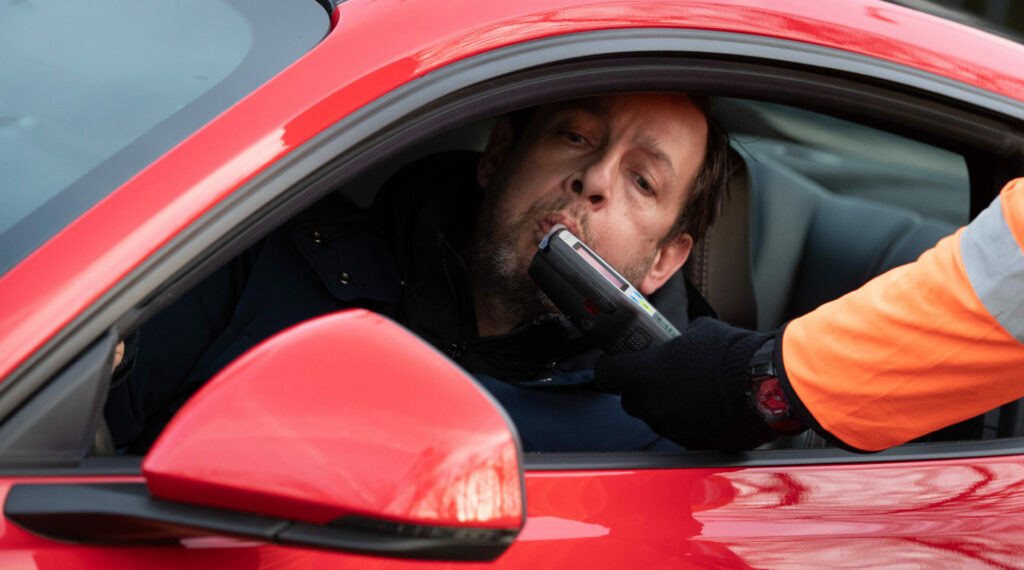The alcohol breath test procedure currently in place for checks on the road in Belgium will be adapted so that testing is quicker and more efficient for catching offenders. It is expected that the changes will increase the number of people caught.
Minister of Mobility Georges Gilkinet has implemented various measures to tackle the problem, most recently by lowering the blood alcohol threshold.
Along with speeding and drivers using their mobile phones behind the wheel, drink-driving is one of the three biggest 'killers' on the road, says Gilkinet. An average of 12 accidents occur each day involving a driver under the influence; at least 115 lives could be saved every year if no motorists were still driving under the influence of alcohol.
The proposed changes to the breath test procedure are in line with the Federal road safety plan to check one in three drivers.
More checks per hour
The changes will see the 15-minute waiting time dropped. Currently, if a driver has drunk alcohol they are allowed to wait for 15 minutes before having to blow. This is intended to prevent false positive tests but modern breathalyzers used by officers today detect and neutralise this.
In most cases where a driver knows they have been drinking before they are stopped, they ask for that 15 minutes but often still blow positive, making it wasted time.
Secondly, motorists will now only have to exhale 1.2 litres instead of 1.9 litres of air into the breathalyzer, reducing the blowing time. Previously, those who did not reach the required volume of 1.9 litres had to give a blood sample – again, a time-consuming procedure.
Related News
- Largest in Europe: When is Brussels' next car-free Sunday?
- 'Higher injury risk': Traffic institute calls for fewer heavy cars on the road
The updated procedure will continue to consist of two stages: a test and if necessary, analysis to determine the exact alcohol content. But the impact will be minimal for police forces who will save time and be able to carry out more checks per hour.
Gilkinet assured that "This means no additional workload or investment as the equipment is automatically adjusted when it is checked periodically." The minister hopes the measure will come into effect by the winter campaign against drink-driving (BOB) when a high number of checks take place.

